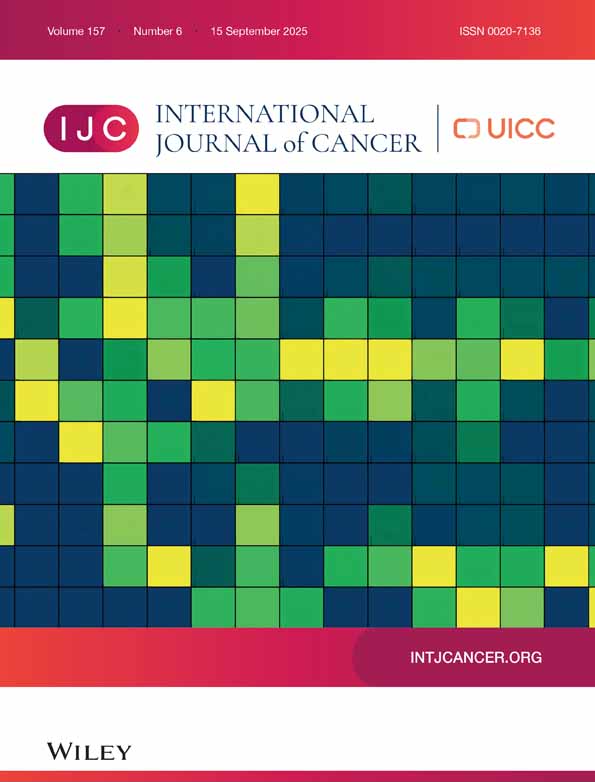Hormone and cytotoxic drug responsiveness of cultured human breast cancer cells resistant to specific hormones
Abstract
Attempts have been made to develop sublines of MCF-7 cells resistant to the growth-inhibitory actions of medroxyprogesterone acetate (MPA), dexamethazone (DEX), antioestrogens or high-dose oestradiol (E2) by prolonged exposure to high hormone concentrations. While high degrees of resistance to MPA, DEX and E2 were achieved, cells remained anti-oestrogen-sensitive after prolonged treatment with 4 μM tamoxifen (TAM) or the anti-oestrogen LY 117018 (LY), Cells resistant to DEX were also resistant to MPA, while cells resistant to high-dose E2 remained sensitive to TAM. Cells resistant to MPA and E2 appeared to be less responsive to cytotoxic drugs than wild-type cells, while resistance to DEX was associated with increased sensitivity. The responses of tumours to cytotoxic drugs may be affected by prior endocrine therapy.




